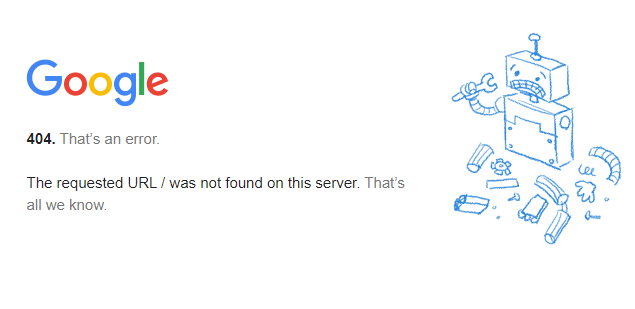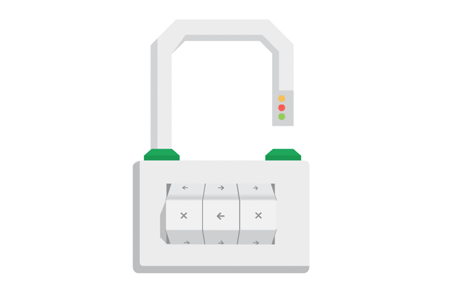Previously, I wrote about the prevalence of artificial intelligence (A.I. or the more common AI) and whether we should be worried. Months later, I came across a very real reason bloggers are getting worried about AI. Google appears to have taken a post of mine and used it to train its Gemini model an inject […]
You might remember the recent sunsetting of Google’s URL shortener. This was something I took notice of because it meant that the url.cwl.cc service (based on their link shortener) was going to be shut down. Right? To be fair, I took notice, but also didn’t do much at the time. March 30, 2019, came and went and I could still use the service. 2020 arrived, and the service was still functioning. Now, more than a year and a half past the end, I can still create short links. This is perhaps the biggest oddity I have ever seen from Google.
Passwords aren’t going anywhere. Even though we’ve seen a rise in a new type of authentication including two-factor and even Yubico-style log-in options; passwords still seem to persist in our lives. If you’re online and use passwords (I know you do), you want to be as sure as possible when storing them. This means, no […]
Recent news of how Google will mark web pages that are not HTTPS as “Not Secure” had me returning a subject that has held my interest for some time. I have commented on the idea (I’m pro HTTPs), and even switch my site to support this. Given that, you clearly know where I stand, but I also feel my view on this could be changed given a reasonable argument.
This whole HTTPS and Google’s push to encrypt (or weaponize depending on your perspective) is back on people’s lips again. I’m a little late to the party of course, since I have been out of the country so many times in the last three months that blogging has been a distant thought. With all of this talk, I’m left to wonder if the uproar has any merit.
If you run a WordPress [1], and you to search Google’s index using the site parameter – namely, site:%yourdomain% – you’ll probably find that Google has also indexed all of the archives, categories, and tags of your site. For many, the first impulse is to delete this from Google somehow or maybe use robots.txt, or some other method. But, I’ve found the solution is easier, and I’ll show you how to do it (without a plugin).
Like Google Reader, iGoogle, Wave and Buzz before it, the days of the social network Google Plus may be numbered. The writing appears to be on the wall. With Twitter’s announcement on May 19 that Google’s app would include tweets in searches, Google is making massive changes. While Google may want to spic it differently, signs are pointing to the end of the social network.
In a move that makes lots of sense, Google announced today a rebranding of its web-based tools console from Webmaster Tools to Search Console. As a tool I’ve come to love (and hate) over the years, I thought it would be a good time to reflect on this important part of any Search Engine Optimization (SEO) Strategy.
In a recent blog post, Mozilla (makers of the popular Firefox browser) plans to set a date by which non-encrypted [1] websites would see access to browser features gradually removed. While the details aren’t yet clear as to the timeframe, or exactly what features will be limited; but it’s a definite message that powerful players are pushing encryption on everyone. This trend of “encrypt everything” is becoming very troubling.
I talk about whether it makes sense to move to HTTPS, even if your site doesn’t sell products or take in user data.









